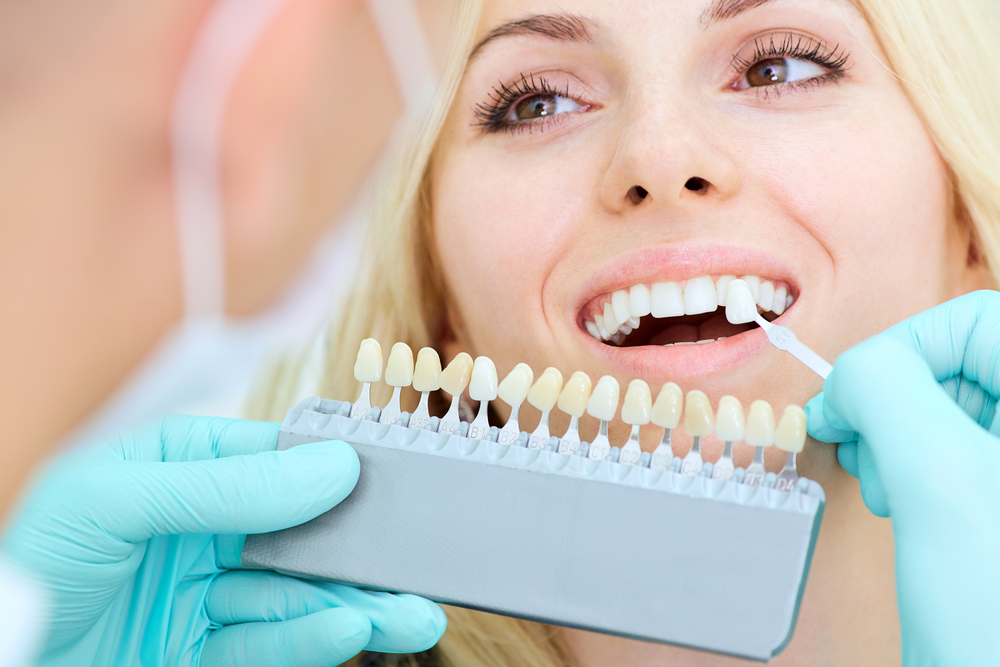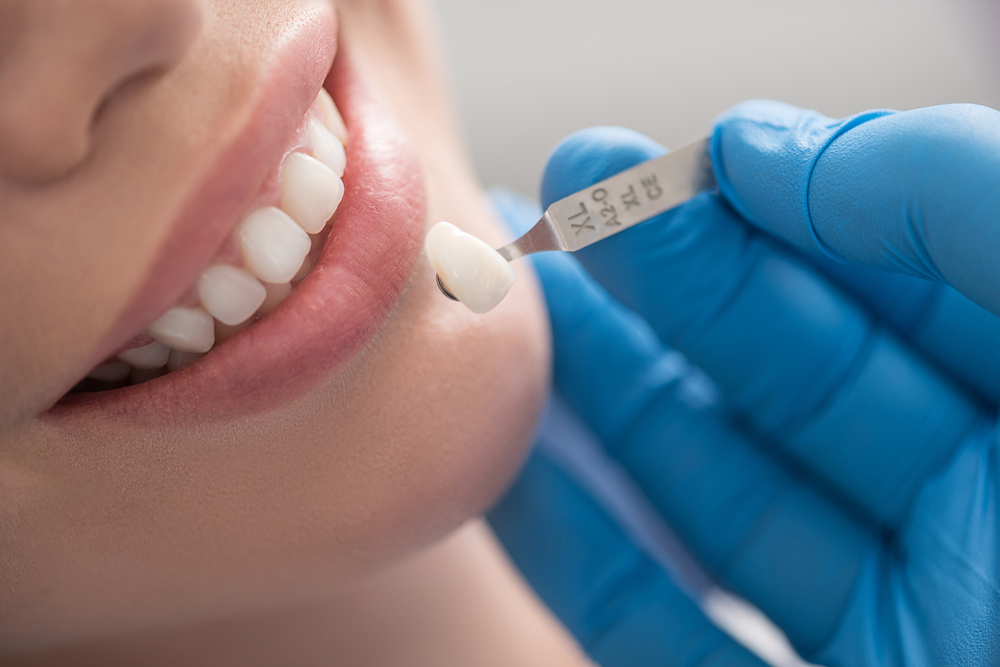Comprehensive Guide to Dental Crowns: When and Why They Are Essential for Oral Health
Dental crowns are essential restorations for damaged or decayed teeth, offering protection, strength, and aesthetic enhancement. This comprehensive guide explains when and why to choose crowns, their benefits, cost factors, and selection tips, helping you make informed decisions for your dental health and confidence.

Comprehensive Guide to Dental Crowns: When and Why They Are Essential for Oral Health
Maintaining healthy teeth is crucial for overall well-being and confidence. However, various dental issues like decay, fractures, or severe wear can threaten the integrity and appearance of your teeth. In such cases, dental crowns—also known as dental caps—serve as a highly effective restorative solution. These restorations not only protect compromised teeth but also restore their natural shape and function. Crafted from diverse materials such as metals, ceramics, porcelain, or resin, dental crowns are customizable to meet individual needs and preferences. This comprehensive guide explores the specific circumstances when a dental crown is necessary, the benefits they offer, and factors influencing their cost and selection.
Understanding the Purpose of Dental Crowns
Dental crowns are designed to address various dental problems that cannot be effectively treated with simple fillings or other restoration methods. When a tooth is significantly damaged or compromised, a crown provides a protective cover that encapsulates the entire visible part of the tooth above the gum line. This not only restores functionality but also enhances aesthetics and prevents further deterioration. The choice to opt for a crown depends on multiple factors, including the severity of the damage, the location of the tooth, and the patient's overall oral health.
Key Situations That Warrant the Use of Dental Crowns
Broken or Cracked Teeth
If your tooth has sustained a chip, crack, or fracture, immediate attention is crucial. Such damage not only affects appearance but also exposes the inner pulp of the tooth to bacteria, risking infection. A dental crown can be placed over the compromised tooth to stabilize it, prevent further breakage, and reduce the risk of infection. Crowns provide structural support, helping to restore normal biting and chewing functions.
Severely Decayed Teeth
Extensive tooth decay can weaken the tooth structure significantly. When decay progresses beyond what can be treated with simple fillings, a crown offers a way to contain bacteria, protect the remaining healthy structure, and prevent the spread of decay to adjacent teeth. In cases where decay is advanced, removing the damaged tissue and covering the tooth with a crown restores strength and prevents future complications.
Large or Multiple Fillings
Over time, large or multiple dental fillings may become loose, crack, or no longer fit properly. These issues can lead to further decay or loss of tooth stability. Crowns are a better option for supporting large restorations, providing increased durability, and improving the overall aesthetic appeal. They can seamlessly restore the shape and function of the compromised tooth while blending naturally with surrounding teeth.
Advantages of Dental Crowns: Why They Are a Preferred Choice
Minimally Invasive Procedure
Compared to more extensive dental surgeries, placing a crown is relatively straightforward and minimally invasive. The process typically involves preparing the tooth, taking an impression, and fitting the custom-made crown. This makes the procedure more comfortable for patients and reduces recovery time. Additionally, crowns provide a long-lasting solution for numerous dental concerns.
Improved Tooth Aesthetics
Dental crowns enhance the appearance of teeth affected by discoloration, chips, shape irregularities, or cracks. Porcelain and ceramic crowns are particularly popular for their natural look, seamlessly matching the surrounding teeth and improving smile confidence. Cosmetic dentistry benefits greatly from crowns, making them a versatile tool for both functional and aesthetic restoration.
High Durability and Longevity
Constructed from sturdy materials, dental crowns are designed to withstand biting forces, chewing, and grinding. With proper care, crowns can last up to 15-30 years, making them a reliable investment. Their durability depends on the material used and adherence to good oral hygiene practices.
Preserving Damaged or Weak Teeth
Crowns serve as a protective shell for teeth weakened by trauma or decay, thereby preventing the need for extraction. They help maintain your natural bite and speak to the importance of early intervention in dental health management.
Protection Post Root Canal Treatment
After undergoing root canal therapy, a tooth becomes fragile and vulnerable to fracture. Applying a crown seals the tooth, preventing disintegration, and restoring full functionality. Crowns are especially critical for molars, which endure substantial biting forces.
Factors Influencing the Cost of Dental Crowns
The price of a dental crown varies based on several factors, including the material chosen, complexity of the case, geographic location, and the expertise of the dentist. Budget options, like stainless steel crowns, are often used for temporary or pediatric cases, costing approximately $200–$300. In contrast, high-quality crowns made from porcelain-fused-to-metal or all-ceramic materials can cost between $700 and $1,500, reflecting their durability and aesthetic appeal.
While affordability is a consideration, investing in higher-quality crowns can offer long-term benefits, including greater longevity and reduced need for replacements. Patients should consult with their dentist to weigh the options, considering both cost and the specific needs of their teeth.
Choosing the Right Dental Crown
When selecting a dental crown, factors such as your budget, aesthetic preferences, and functional requirements come into play. Your dentist will evaluate your oral health, discuss the pros and cons of different materials, and recommend the most suitable option. Proper care, including good oral hygiene and regular dental checkups, can extend the lifespan of your crown.
In summary, dental crowns are an invaluable restorative option for repairing damaged, decayed, or aesthetically compromised teeth. They serve to protect, strengthen, and beautify your smile, contributing significantly to your overall oral health. Understanding the indications, advantages, and cost considerations can help you make informed decisions about your dental care, ensuring long-term dental success.





